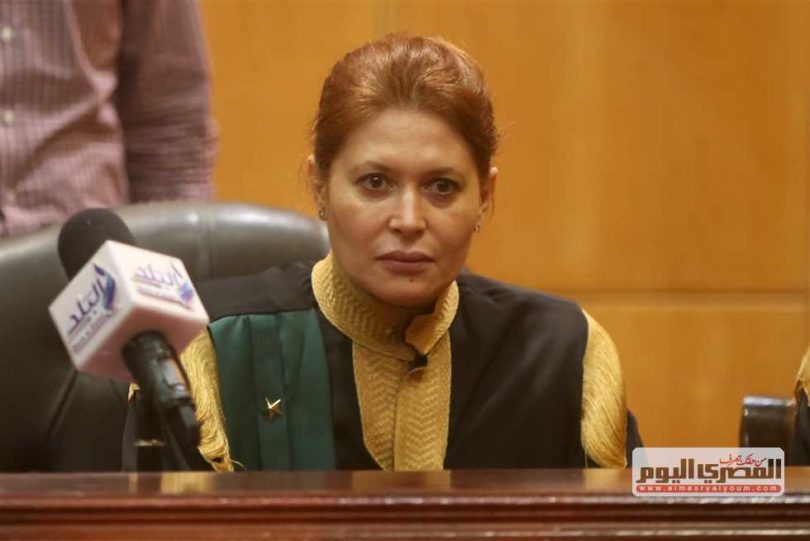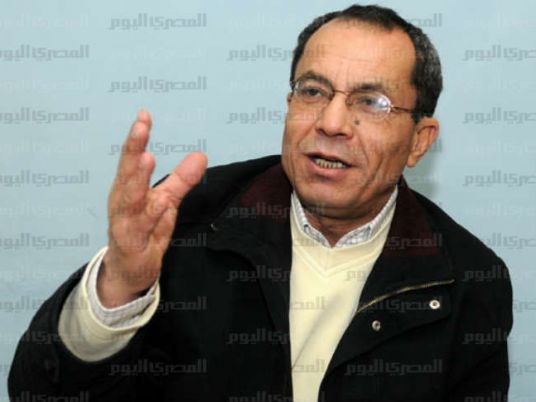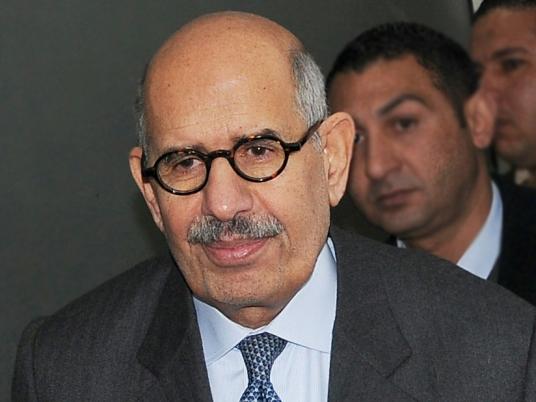About 100 maazouns (Islamic clerks mandated to document marriage contracts) staged a protest before parliament, objecting to what they called "procrastination" by the Justice Ministry in implementing a plan to establish a "higher council" for maazouns. Expressing readiness to stage sit-in strikes if their demands were not met, protesting clerks called for the creation of a body to ensure that they receive health, legal and social care.
According to Mustafa el-Sharif, maazoun from the canal city of Ismailia and spokesman for the protestors, the Justice Ministry had promised to "study" their request last October but subsequently extended the deadline to the end of next January.
"We can do nothing but wait for Mohamed Manea, assistant minister of justice for courts affairs, to fulfill his earlier promise," said el-Sharif. If their demands go unmet, he added, maazouns were prepared to "ratchet up" their protests during the current session of parliament.
El-Sharif went on to say that maazouns were adamant about securing their rights. He said that, if they were allowed to establish a higher council, maazouns would run their own affairs without imposing burdens on the state.
Mohamed Abdel Maqsoud, maazoun from the Gharbiya province, criticized the state’s methods of dealing with them. He recalled how, when renewing his national ID card, the civil registry had refused to recognize his stated profession and asked him to change it.
Manea, for his part, told Al-Masry Al-Youm that the ministry "does not break its promises." The maazouns‘ request would be studied–and a decision made on it–by the end of January 2010, he said.
Manea went on to explain that the proposed syndicate could be neither a professional nor a labor syndicate, since maazouns were public employees. He added that the ministry would work on establishing a legal entity for Maazouns in order to safeguard their financial, medical and social rights.
Translated from the Arabic Edition.



